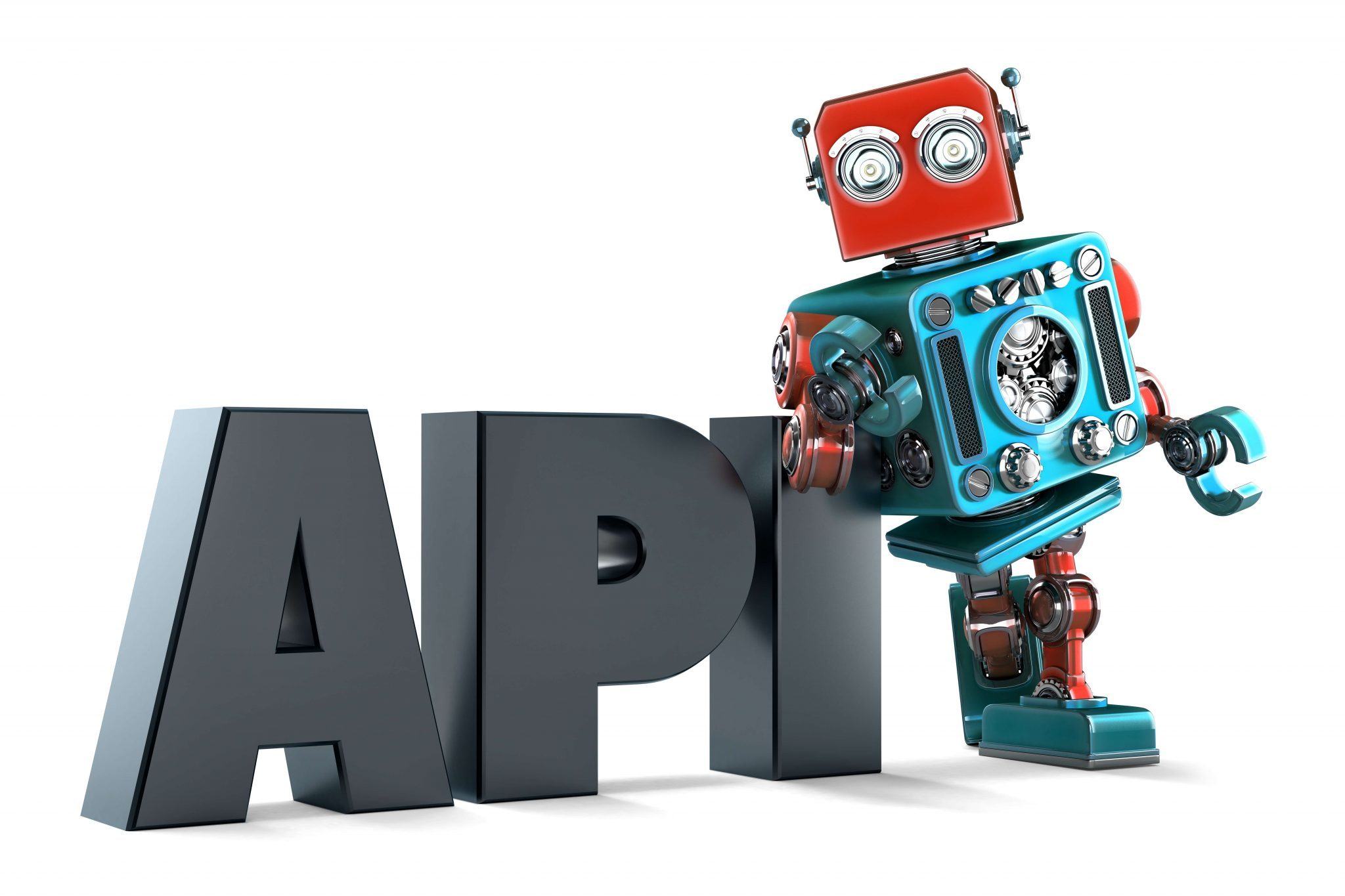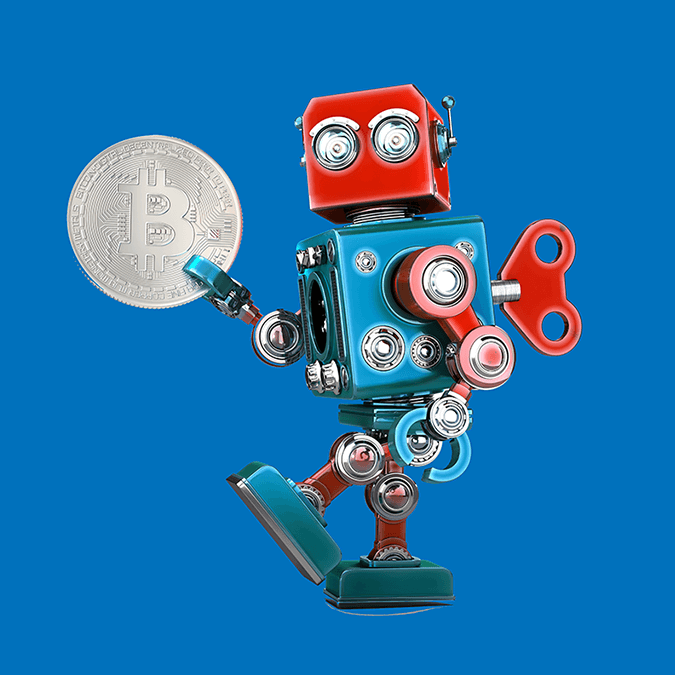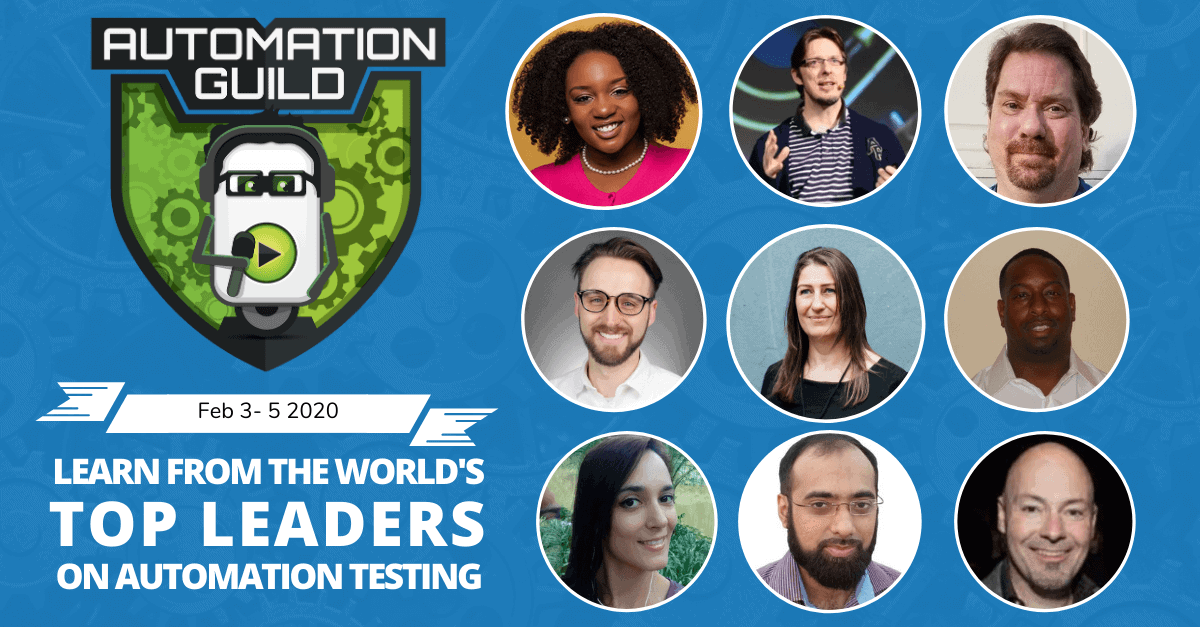Here are the top automation testing trends you need to be aware of in 2020.
Security Testing
One reason I believe security testing is a quickly-growing trend is that of all the topics that I've heard about on the Test Guild Automation podcast, security is the one that was mentioned the most.
Also, based on a recent article I read in SD Times, security is at an all-time low point because, in 2019, we saw the second, third, and seventh-most significant breaches of all time, measured by the number of people that were affected.
And since starting a separate podcast dedicated to security called the TestGuild Security Podcast, I've been hearing that it's becoming more critical to be aware of this because it's starting to affect open source, which is the bulk of what a lot of people are using to build their applications nowadays.
So, I feel we're getting to breaking point here.
I recently spoke with some security experts who confirmed that they are seeing the rise of security testing as well.
For example, Rick Sullivan, the V.P. and GM of application services for DXC technology, said that he's seen a heavy focus on security within the companies he's worked for.
He mentioned that security today relies heavily on the applications layer, and is very much akin to testing. It has to do with understanding vulnerabilities that can be introduced as you're trying to deliver on faster and faster cycles of software with quality.
So a heavy focus on application security, data security, and security across the SDLC is a real trend in his experience.
I also spoke with Steven Dimitrov, who is a director of application solutions at Merida. Steve said that in his organization, 60 percent of their business consists of the traditional testing of applications. The remaining 40 percent consists of security testing for those applications.
If you looked at those numbers a couple of years ago, they would have been more skewed towards an 80/20-type percentage.
So if you're not dealing with security yet, you will be, as your team will need to be involved in security testing in 2020.

Acceptance of AI Automation in Testing
When I would attend a conference in, say 2017, 2018 (or even early 2019), whenever anyone would mention AI Automation, people would roll their eyes.
Not anymore.
I believe AI automation in testing will come of age in the coming year.
2020 is going to be the year in which we see the acceptance of some of these “AI” machine learning tools.
Testers will finally see these solutions as helping to improve testing, rather than as a way to replace testers.
It's definitely going to be more and more common to see solutions out there.
I spoke with a bunch of folks in 2019 who are coming out with solutions that have AI/machine learning built into them, and I’m aware of some open-source tools coming up that will have these features as well.
AI machine learning will be more accepted in 2020, and we will see more innovation in this area as well.
The Rise of Python
If AI is going to be gaining acceptance, so will Python.
I love Python. I'm a hack with it, but that's the beauty of it.
It’s almost like duct tape, in that you can do nearly anything with it.
For me, it's a great language for creating awesome helper tools, and for helper tools, they don't need to be developer grade solutions.
Also, if you’re not already aware, Google itself makes heavy use of TensorFlow, which is a Python library.
I think it follows that Python will be a skill that will be more in demand in 2020. That’s why we'll be holding two sessions on helping you get up-to-speed with Python at Automation Guild 2020.
The first session will be by Andrew Knight. Andy will show you how to get started with Python. You'll also discover how to use it to test a REST service.
The other session, “Pytest the Awesome Parts” is by Josh Grant at Sauce Labs. Sauce Labs is a large company that deals with a lot of different folks, so if Josh is backing Python, I'm thinking it’s a trend they're probably seeing on their end as well.
So if you have little to no experience with Python, you don't want to miss Automation Guild 2020.

API Testing
I know what you're thinking—I've been writing about this since 2014.
But I firmly believe 2020 is going to be the year that API testing becomes a real thing.
I spoke to a few people in 2019 that validated my belief that 2020 is when API Testing is going to become even more critical…for real.
If you haven’t done so already, you need to learn API Testing.
I recently had a conversation with Paul Grossman. Paul was unemployed for a short time, and it was taking him a while to get another gig.
I finally asked him, “What's going on? How are you not getting hired?” And he replied, “Oh, the reason I'm not working yet is the lack of API experience on my resume.” And then he said, “Yep. GUI is old school. Microservices are in demand.”
Paul said that in every interview he went on, the subject of API testing was brought up.
I also spoke to Patrick Poulin, CEO of API Fortress, about his views on API Testing trends. He told me that over the last few years his company has sponsored close to 20 conferences, and he’s noticed that API testing is becoming a much larger conversation in the testing community.
In the early part of 2019, he was speaking to people that didn't have any formal API Testing processes, but now it’s a topic that seems to have exploded.
Before, when they would do on-site presentations on how to go from manual API Testing to Automation API Testing, only ten people or so would show up.
Now it's standing room only. It has officially become a “thing.”

Blockchain Testing
I used to visit employment websites and type in keywords to check the frequency with which they would turn up in job openings in my area so that if I was ever laid off (like I was), I’d know which skills I’d need to hone or acquire for a job hunt.
One thing I checked into was blockchain testing, and I was surprised by the number of firms that list as a desired skill for their testers.
For example, here are some hits from Indeed.com:
“Quisitive is empowering the enterprise to harness the Microsoft cloud, and emerging technologies such as blockchain, artificial intelligence, machine learning, and the Internet of Things (IoT) like never before. We are looking for a Software Quality Assurance Engineer to help test these technologies.”
“Our company is growing, and our digital health portfolio continues to expand, with solutions ranging from back office to blockchain. The needs and requirements of this position are still being defined internally. However, if you are a testing engineer with a passion for blockchain and experience auditing smart contracts, we would like to hear from you.”
FYI, we also will have a blockchain session at Automation Guild with Rhian Lewis you should definitely check out.
RPA
Another buzz word that's been around for a little bit, but is now picking up momentum, is robotic process automation (RPA).
This is a perfect time to get your foot in the door with RPA.
I was speaking with Jim Hazen recently, and he opened my eyes to this as a particular area I might want to focus on in 2020.
What is RPA? Instead of functional test automation, you're running all these different data scenarios. For instance, you focus more on automating a work task.
Say you might have an insurance claim system, and it's a workflow engine. You can use RPA to drive either part of the process or the whole process.
By automating common business workflows, you remove the potential for human error.
It’s very similar to functional automation, except it’s more about automating a business function instead of validating a piece of functionality.
So if you’re already into automation, it’s a great skill to have because we’ll undoubtedly be seeing more of it this year.
I'm also interested in discovering emerging areas that don't have a lot of people in them yet because it seems that automation is becoming overpopulated with folks who see themselves (incorrectly) as Selenium experts.
This has also affected the amount of money one can make as a Selenium consultant. The rate one can charge has dropped considerably in the past few years.
So if you're looking to increase the value of your consulting or the value of what you bring to a company, RPA is something you should keep an eye on.
Low Code Automation Solutions
Lately, I've been seeing more automation solutions being introduced that are essentially acting like wrappers on top of Selenium in Appium.
These tools add enhancements to Selenium and Appium that you would usually have to program yourself from scratch.
I believe this trend will continue in 2020, and that we’ll see more solutions for creating automated tests without much coding effort being expended.
For example, tools like TestProject.io have existing libraries of almost reusable blocks that can be leveraged in your test script without you having to code it yourself.
That means there's a lot of built-in functionality available to you in TestProject that remedies many things you would generally have to code from scratch when creating your own test automation framework.
Other tools will embrace this approach in 2020.
The reason being, you don't need to start from scratch. You can go to a solution that makes it very easy to get up and running, utilize existing code functionality that you just drag and drop into your script, and get what you need without having to create it yourself.
These solutions will also allow you to not have to worry about adding the right waits mechanism, as they automatically handle this for you behind the scenes.
So in 2020, we will probably see more codeless recording playback solutions that actually come pretty close to fulfilling the “dream” of codeless automation.
This will also make it easier for folks to get into automation without having to get into the guts of the Selenium and Appium API.

Smart Test Execution
This next trend is something I predicted we were going to see more of 2019, which was, in fact, the case.
With smart execution, your developer checks in code, and you know automatically the exact tests you need to run to cover that specific check-in.
So rather than running all your tests against all the things, which is what a lot of people recommend, I think, we’ll start to see the trend of running fewer tests.
You can save time, money, and resources because you have a smaller test set that's more targeted towards precisely what code was checked in.
If your tests fail, you know there is a direct correlation between that check-in and those tests. So it can really help you speed things up as well.
Numerous tools have been introduced in this area lately, including Sealights, which has an excellent solution to help you do this.
Also, Parasoft just came out with Selenic that has an option for smart execution. A few months ago, I also spoke to the folks at Appsurify, and they’re offering functionality that helps you with intelligent test execution—also something I believe we will see more of in 2020.

AiOps
I first heard this term from Jonathon Wright.
AiOps is about expanding AI out of just functional Testing and applying it to all software development shift-right activities.
For example, it's monitoring things in production.
It's then able to take that monitoring information and automatically create a test model for what's actually happened in production.
It can then use the model to auto-generate your functional and performance tests and make use of all the information produced in your SDLC pipeline from beginning to end.
It can also help inform your decisions using machine learning to bring up key insights that you might not have noticed in your pipeline.
For example tools like Appsurify can use this data to generate metrics for each developer separately in each code area to help you find your team’s strengths and weaknesses so you can assign the right person to each task. It can also alert you to risky code checking based on the history of the developer and area of the code change.
So anything to do with Continuous Testing, DevOps or CI/CD I think AI is going to be more and more involved.
I think 2020 will start to see the beginnings of this movement.

Trends for 2020 – What did I get wrong or miss?
Those are my top 9 predictions for 2020. What do you think? Let me know in the comments.
Also, to properly prepare for these trends I highly recommend you register for Automation Guild 2020, and get a jump start on many of the trends we covered here.
Register now for ===> Automation Guild 2020




